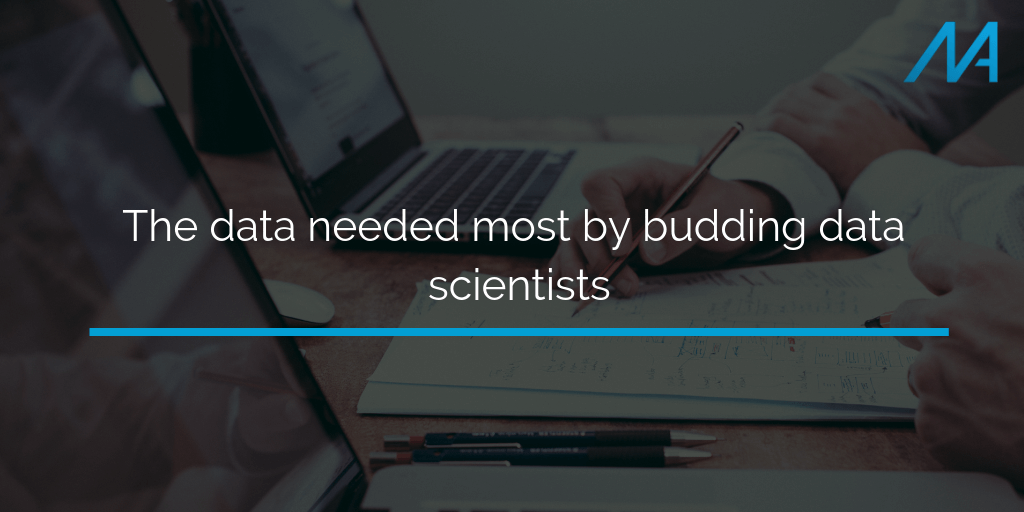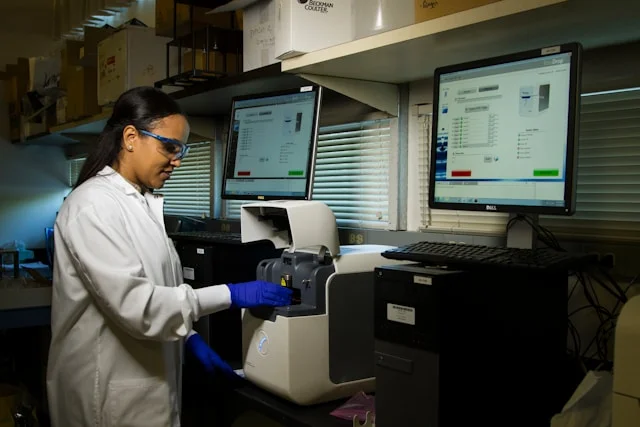The data needed most by budding data scientists
11 Mar, 20185 minsData. It’s everywhere – from digitalisation and big data, to data scientists and artificial ...

Data. It’s everywhere – from digitalisation and big data, to data scientists and artificial intelligence (AI). Today, we’re seeing more data created than at any point in history. One commonly cited fact is that each day, we generate 2.5 quintillion bytes of data – the equivalent to 100 million Blu-ray discs (averaging a 25gb capacity).
According to Glassdoor, the average salary for a data scientist now sits at £42,000 per year in the UK – significantly higher than the national average of £27,600. In France, we see an average salary of €43,500 per year, and in the US, the same role pays an average of $105,000 – rising to $114,000 if machine learning skills are also utilised, according to IBM.
In further research from the data giant, whilst demand for data scientists grew overall by 5%, it was the requirement for specific skills that was truly staggering. Whilst demand for machine learning increased by 17%, clinical data analysis and quantitative data analysis rose by 54% and 38% respectively.
It’s clear that demand for these specific skills is not only skyrocketing but is also matched by an increase to the overall salary that can be commanded. So, what are the best universities, schools and training courses available today to become a data scientist?
A more traditional route to education is still one of the most accessible, and arguably most efficient, ways of taking steps into the field of data science. In terms of undergraduate degrees, the courses available reflect the nature of the job – with data a global concern, it makes sense that education follows suit.
The University of London is one establishment offering data science training – including machine learning, software development, the creation of analytical models and big data. In the same vein, we also see European University Cyprus, Tilburg University and Aalto University – the latter two located in The Netherlands and Finland respectively.
Taking this education to the next level, we also see a range of highly effective MA courses – ranked on content, job prospects, industry links and research activities. ETH Zurich offers a course designed as a step towards data science within banking, insurance, biotech and medicine respectively, with a specific focus on extracting information from raw data and supporting the utilisation of machine learning in deriving insights from it.
Showcasing strong trends from European education specialists, with Germany taking the lead, TUB Berlin also offers a data science academic programme around data collection and analysis techniques, while TU Munich operate a course with a stronger focus on development and trends in big data.
In terms of training courses, however, we see a far greater level of input from the private sector. In the US, IBM has now partnered with Laureate Education – specifically developed around data science education. The aim is to create a “fully digital” curriculum to educate future specialists across the globe.
Leon Katsnelson, Director and CTO of Strategic Partnerships & Data Science at IBM confirmed: “Building the practical skills to succeed in the AI era is one of the biggest challenges facing individuals and companies around the world.”
In terms of formal education, it’s clear that the number of offerings is on the rise – with both public and private sector influence across the globe. As with many roles in today’s highly flexible working environment, developing transferable skills is also a highly effective way of transitioning to the role of data scientist. Developing a strong knowledge base around statistics and machine learning, for example, would sit any candidate in good stead – despite having no formal education in the subject.
As we move towards a society increasingly enabled by AI and big data, many believe these processes are already a foregone conclusion. Contrary to this, it’s evident that to support the AI process, human input is very much needed to guide the creation of any actual insights from data. The role of the data scientist is fast becoming indispensable – and the number of options available for education goes a long way to proving it.



